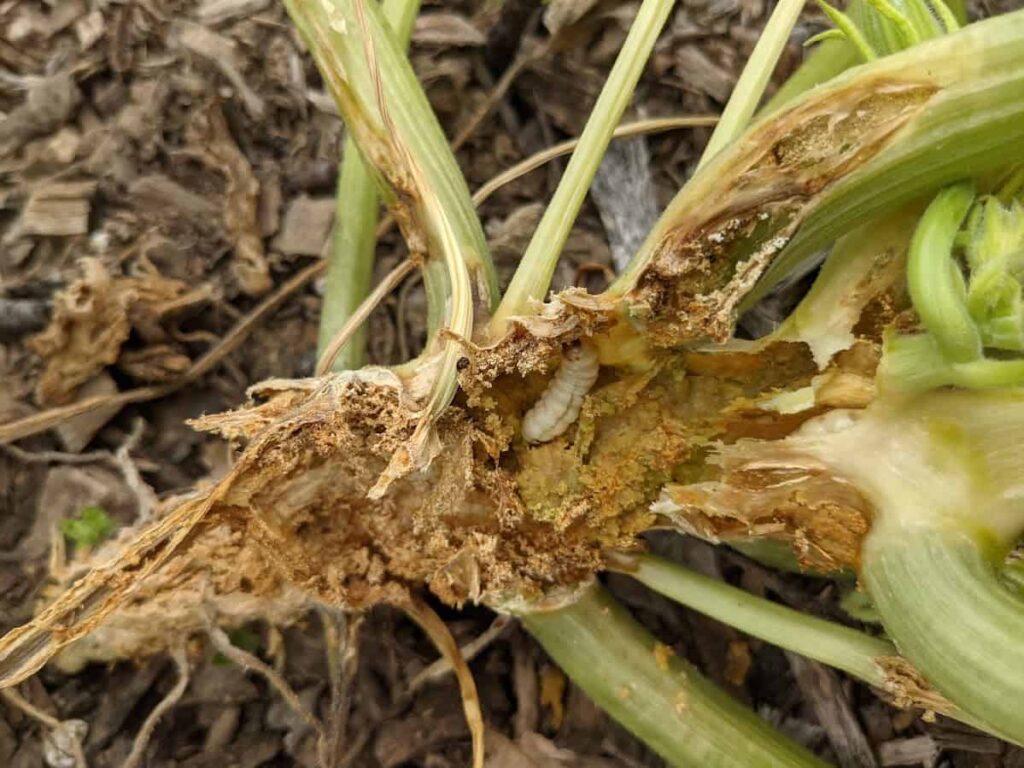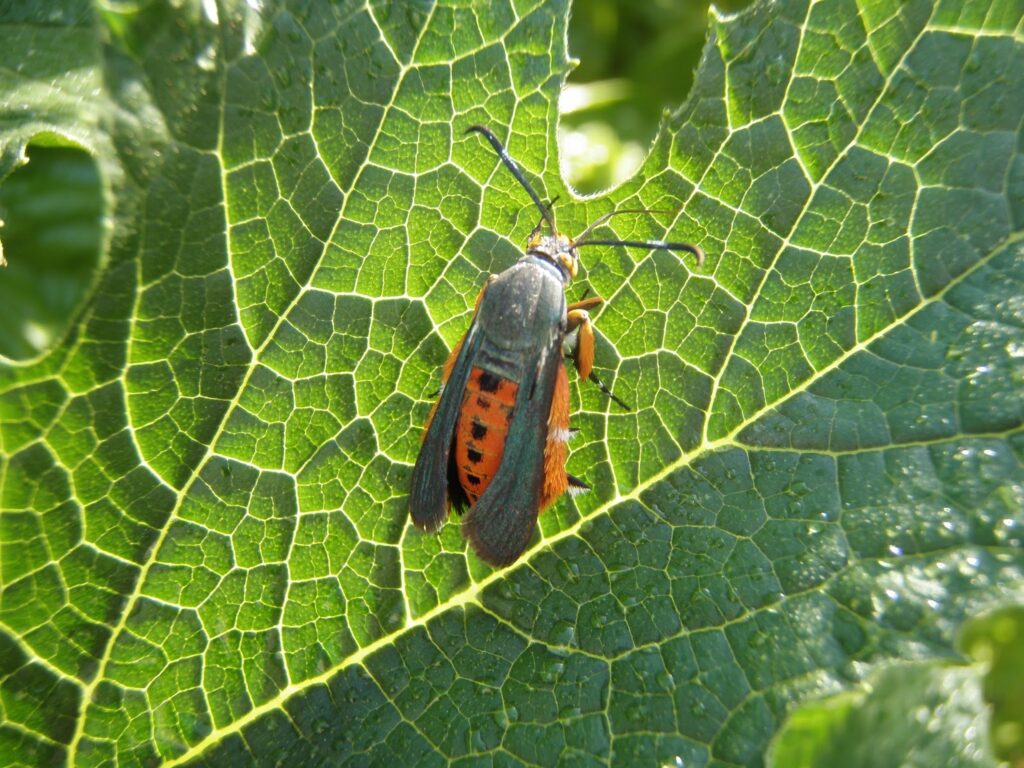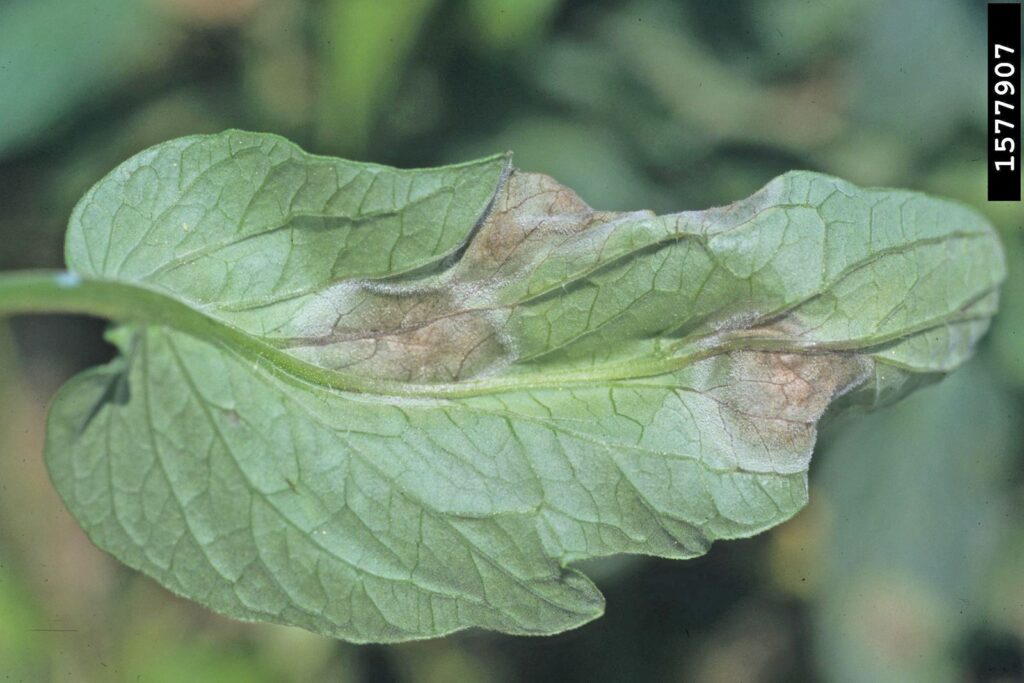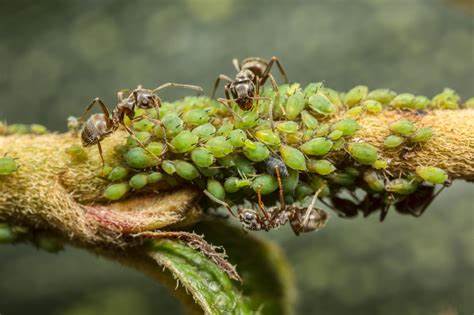This week in the garden is the squash vine borer showing up. A black and orange moth lays its reddish eggs on the undersides of the leaves. The larvae hatch and burrow into the stems (usually where the stem comes out from the ground to around 1 foot up the stem) causing the whole stem to die. You can usually see the hole and some debris. Sometimes you can remove the worm with a vertical slit made into the stem. The use of silver plastic mulch is used to prevent this, confusing the moths. Using Malathion as a drench along the lower foot of the stem in the soil may help. The borers do not attack cucumbers or melons.


If late blight is showing up on the tomatoes on the lower leaves, start by removing the dead tomato leaves and use a garden fungicide to prevent infestation on the newer leaves. Leaves will eventually die on determinate tomatoes like Celebrity as the plants mature, this is natural. Determinate varieties bear all at once and the plants are much shorter.

Some people see a lot of ants on flowers and shrubs. The ants cause no problem. They are following the aphids (which are a problem this year) and herd them like cattle collecting the honeydew the aphids secrete. Honeydew is that sticky substance that gets on your fingers and car sitting under the tree.

Do not be surprised if your apples and other fruits are ripening early this year. We have had more degree days (days when the temperature is above 80) than usual.
Keep watering newly planted trees. They usually need a couple of gallons twice a week to apply to their roots. Even bigger trees will need additional water especially if they are showing burnt leaves. Keep watering up to soil freeze, especially evergreens. Maples and honey locusts will also benefit from this since having thinner bark, they will desiccate in the winter.
If your beans and cucumbers are soft and little, give more water. Melons and cucumbers are mainly made up of water.
Do not spray weeds in the lawn or use a weed and feed until it gets cooler. The state extension service recommends waiting until the end of September through October.
